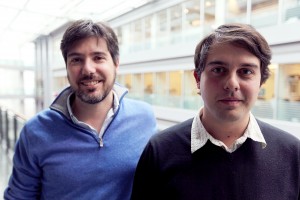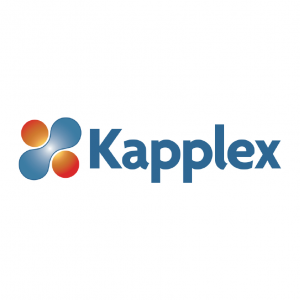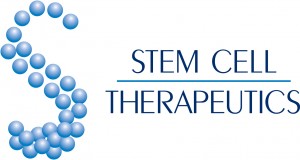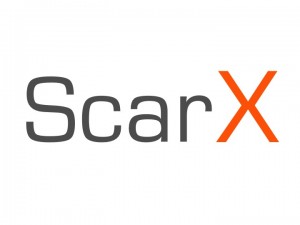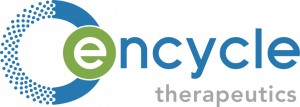Globe and Mail and Global News Toronto cover early-stage Bio Printer technology
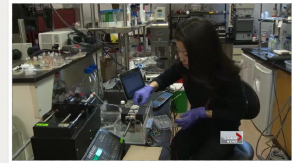
An early-stage technology that may revolutionize the way burn victims are treated is generating considerable buzz in Toronto media this week.
Globe and Mail reporter Robert Everett-Green wrote about the joint University of Toronto and Sunnybrook Health Sciences Centre project January 20 in “A 3-D machine that prints skin? How burn care could be revolutionized.”
Health reporter Beatrice Politi also covered the Bio Printer project for Global News Toronto January 21. Her video segment includes an interview with PhD student Lian Leng and a look at the existing Bio Printer prototype.

